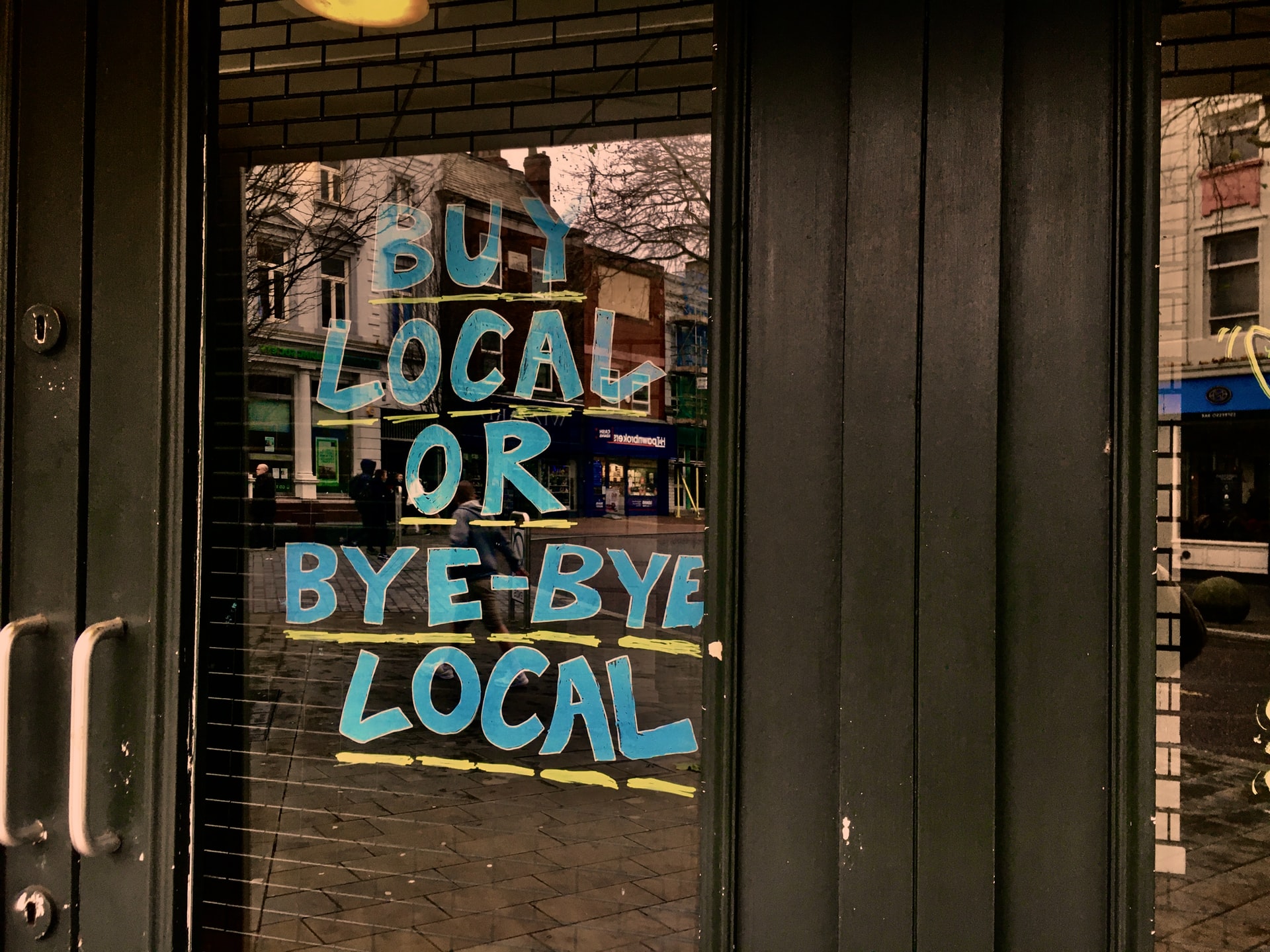

Buying Local is more Lekker than Ever
How can the decision to buy local produce make South Africa better for us all? Keep reading and find out how to be an earth’s best friend.
Simply Buy Local Produce to Save The Planet.
If we decrease our carbon footprint, we will ensure that we secure a bright future for our children. We might all be suffering from climate crisis fatigue at the moment. Even though some good decisions were agreed to at the recent United Nations Climate Change Conference, more commonly known as COP26, hosted in Glasgow, Scotland at the end of 2021, it feels like nothing much has changed over the last decade. Apart from no longer being able to use plastic straws or shopping bags, there seems to be no easy way for us to actively contribute to the fight for our planet.
Don’t worry! We’ve found an effective way to make a massive impact.
 Going green is as simple as buying local, seasonal products.
Going green is as simple as buying local, seasonal products.
Why Does Buying Local Produce Work And What Does It Mean?
It’s basic really – if you buy local, especially when it comes to food, it significantly decreases the amount of travelling your meal does before it hits your plate.
What Do We Mean By Travelling?
Ok – let us look at fruits and vegetables as an example:
South Africa is blessed with abundant fertile farming land. We can grow anything, from corn and maize to asparagus and tulips. The Ceres valley alone provides almost everything! This includes cherries, apples, pears and nectarines to citrus fruit. They’re all locally grown, and seasonally available. Their production creates jobs and boosts the local economy with every perfect pear produced.
Be Satisfied with Local Produce.
We have grown so accustomed to conspicuous consumption and instant gratification. Consequently, we demand watermelon in the middle of July and naartjies in our Christmas fruit salad.
But every single fruit that you buy out of season was most likely imported. We are importing fruits from Spain and Egypt to keep a steady supply on our supermarket shelves all year round even though we have excellent fruit in our own country, .
The Cost Of Your Fruit Salad if You Don’t Buy Local.
Let’s stop to think about the route those fruits take: a bunch of grapes is picked on a farm in rural Spain, transported by truck to a packing facility. The grapes are packed, stored, cooled. And then it’s moved into a refrigerated shipping container. Next, it’s loaded onto a huge cargo plane and flown to one of our international airports.
Thereafter, it’s 0ff-loaded, (still being refrigerated at immense carbon cost) and stored. It’s loaded onto a truck and taken to the distribution hub of the specific supermarket. The grapes are still being refrigerated, packed onto a slightly smaller truck. Only then is it driven to your local supermarket. Most (if not all of this) is powered by climate-destroying fossil fuels and neatly wrapped up in plastic. For our convenience.
You are paying an overseas farmer’s salary and boosting a foreign economy by buying imported fresh produce at a premium.
And that is just it – our craving for convenience and instant gratification is the main driving force behind our consumption. Our conspicuous consumption is the thing that will consume us in the end.
All because we as consumers think waiting a couple of months for a local bunch of grapes to ripen sounds just about unbearable.
How Do We Fight This?
We should be imperfectly better. Be cognisant of your consumption footprint. Try to lighten the mark you leave on the planet in small ways. Buy South African grapes when in season. You should eat naartjies in July. We can wait to eat watermelon in February. Let’s choose to eat grapes in December. Do yourself the favour to savour the unmistakable aroma of a Ceres Valley nectarine in the summer. We should all strive to understand and respect the seasons. You have to realize the size and the impact of your purchases. An imported t-shirt made in Bangladesh has the same devastating geographical travel footprint as those Spanish grapes. A locally made t-shirt not only travels much less, but it also creates jobs. Locally. Where it matters.
Buying Local Produce Makes That Big Of a Difference!
If we buy locally, it benefits the economy, the country, the planet and ultimately, humanity.
When we shift to locally grown and manufactured products, it has a massive positive impact on a country.

- It promotes local job creation on a broad spectrum.
- When we buy local, it encourages sustainable, land-protecting farming practices.
- It develops a seasonal palate.
- When we buy local, it brings us all closer to nature
- We become mindful consumers that are cognisant of our impact.
- It helps us become aware of our ability to effect lasting change.
Humanity can save itself. The clock is ticking, but it’s not too late.







